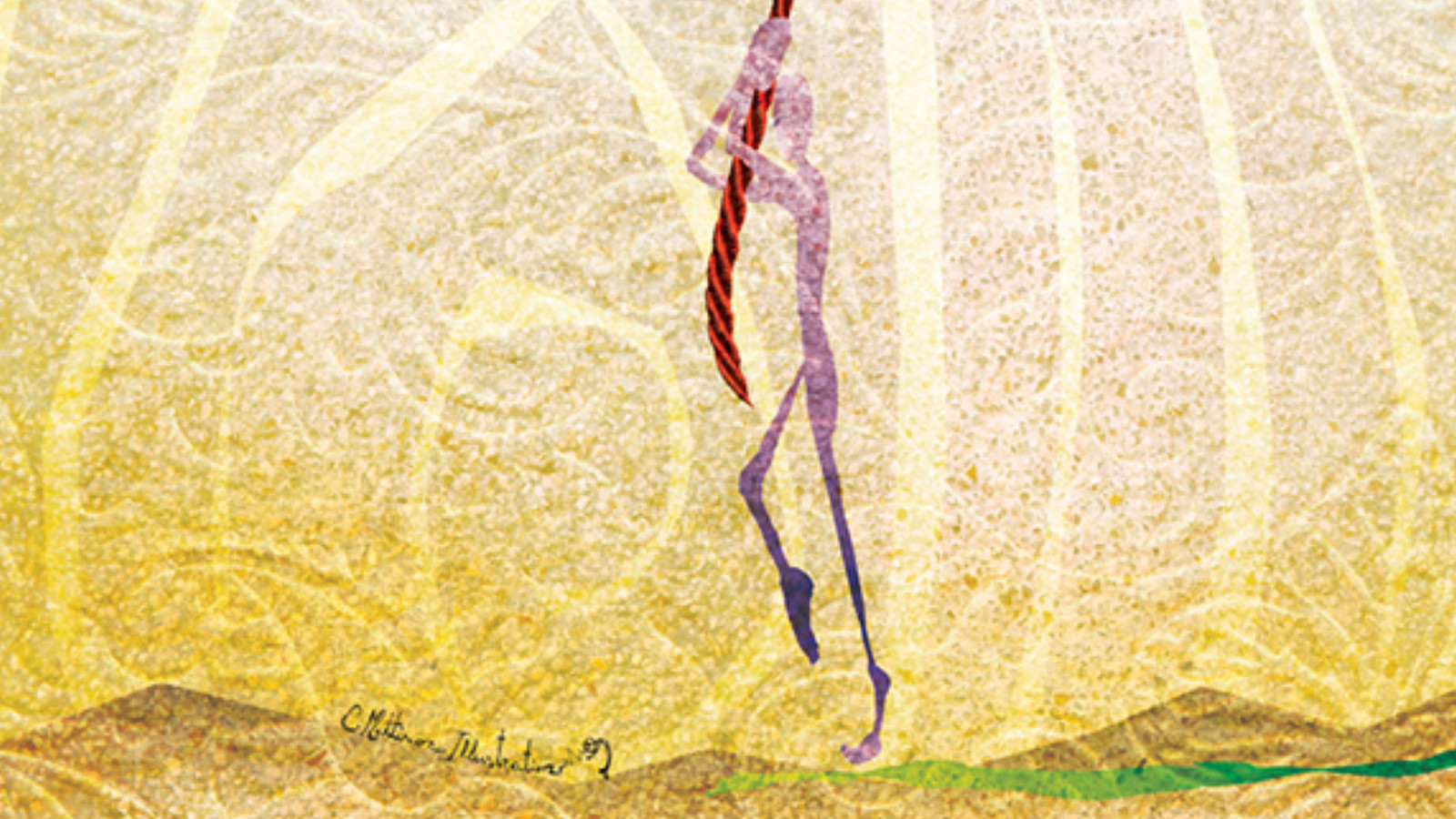Commentary on Parashat Sh'lach, Numbers 13:1-15:41
Perhaps the most nagging question in this week’s parsha is: What went wrong?
Parashat Sh’lach tells the story of the spies who were dispatched by Moses to investigate the land of Israel prior to its capture by the Israelites. But the spies return with a report that frightens the people, who refuse to go forth and take the land as God had commanded.
In the version of the story related in Deuteronomy 1:22, the blame for the fiasco is put on the Israelites, who pressured Moses to send a group of spies to inspect the promised land instead of simply going in and conquering it. But in the version of the story related in Parashat Sh’lach, it is Moses who chooses the spies — all leaders of the people — and sends them on their mission.
So how did this hand-picked group of leaders go so bad, give up their faith in God, and pervert the will of the people? Moreover, how did the people, just months after building the Tabernacle and experiencing God’s presence in their midst, not to mention having not long before received the Torah (and a rebuke for building the Golden Calf), succumb so easily to the negative report of the spies?
With your help, My Jewish Learning can provide endless opportunities for learning, connection and discovery.
There are philosophical, psychological and political answers to these questions, but they are not even hinted at in the text, which tells us only that God concludes that the people lack the faith necessary to enter the land. But that doesn’t quite make sense either, since several verses later the people appear to change their minds and decide they do want to enter the land after all. Yet by then it’s too late, and Moses tells the people not to attempt to conquer the land or they will be defeated miserably.
In both these instances, the people were unified in failing to heed God’s word. While it’s not clear from the Torah that God appreciated this particular display of national unity, the ancient rabbis clearly did. In the Talmud (Megilla 23b), we learn that a prayer quorum, or minyan, is constituted by ten people precisely because the ten spies in the story who gave a negative report were referred to as an “evil nation.” Just as the spies represented the entire unified Jewish nation, a minyan of ten also represents the unified Jewish nation. Though it’s a bit strange to think that the source for minyan comes from a group described as “evil,” the rabbis may have been tipping their hats to their sense of unity, even though here it resulted in tragedy.
In fact, the rabbinic admiration of unity can perhaps help us understand our original question, how this group of leaders erred so badly? Later in the parsha, after God tells the Israelites that on account of the sin of the spies they will not enter the land for 40 years, God comforts them by relating various laws pertaining to the land of Israel. In three verses in chapter 15, the Torah makes a point of equating the status of a stranger or convert with the natural born Israelite. Verse 14 makes the point most adamantly: “There shall be one law for you and for the resident stranger; it shall be a law for all time throughout the ages. You and the stranger shall be alike before the LORD.”
Why this sudden emphasis on the stranger? Perhaps the Torah is answering our nagging question – how could they? – by explaining that what we saw as the best of the Jews, their cohesion and unity, was really the very thing that got them in trouble. Until this last section of the parsha, there had been no mention of the stranger. Only representatives of the Twelve Tribes, born Israelites, were allowed to represent the people as spies. There were no strangers or converts or “others” in this group.
Yet that was precisely their downfall. God is telling the Israelites that when they get to the land they must make sure there are foreigners and converts in their midst, all abiding by the same law, a full part of society. With a diverse group residing together, the people will then be better insulated from the groupthink that gripped them in the sin of the spies. Diversity and difference is the key to the survival of our people; homogeneity is a recipe for its downfall.
In this context, it’s important to remember the last story in the Book of Leviticus, in which the son of an Israelite woman and an Egyptian man gets into a fight with a full-bred Israelite. The rabbis say that the fight arose after the half-Israelite was prevented from pitching his tent with the Tribe of Dan because his father was not a member of that tribe. Maybe had the tribe found a way to accept the stranger, it may have been the one to think differently and stand up to the spies. Instead, we get groupthink.
Parashat Sh’lach is a warning about the dangers of too much unity of thought. Let us work on bringing the stranger not only into the community, but into our thinking. Let us embrace difference in order to thrive as a people and thrive in the land.



